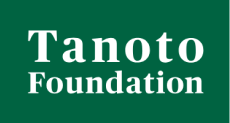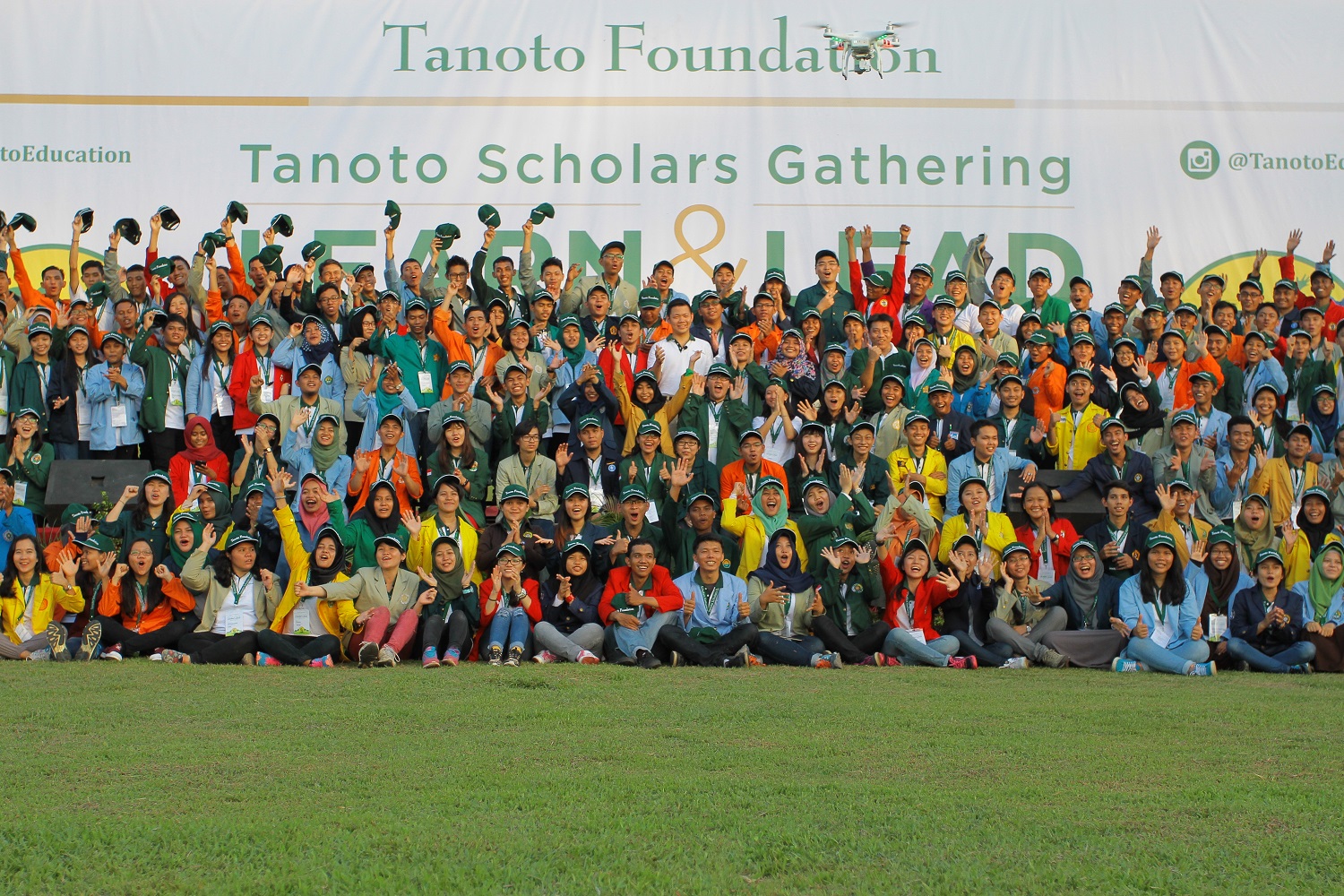The Tanoto Scholars Gathering (TSG) 2017 is taking place from November 22 to November 25 this year in Pangkalan Kerinci, Sumatra, Indonesia.
250 Tanoto Scholars from 21 universities across Indonesia are taking part in TSG 2017.
The Tanoto Scholars Gathering (TSG) 2017 kicked off November 22, 2017 with an opening ceremony at the Riau Andalan Pulp and Paper (RAPP) Complex Sports Centre which was attended by this year’s participants.
Present to officiate the ceremony was Tanoto Foundation member Board of Trustees Anderson Tanoto.
In his welcoming speech, Anderson said that it was imperative for Indonesian products or brands to compete at a world level.
“In this regard, we believe that Indonesia is able to compete if it possesses great leaders. The Tanoto Scholars Gathering is one of Tanoto Foundation’s ways to support students in becoming future leader candidates in Indonesia,” he said.
Anderson encouraged the scholars to embrace lifelong learning, to learn how to lead oneself before leading others, and to always care for the community (in the manner of ‘paying it forward’).
“Enjoy the activities organised during this gathering, and make use of the opportunities to improve your soft skills, as well as teamwork and leadership skills,” he said, further reminding the participants to network and learn from each other.
(insert pics / videos of opening ceremony)
At night, the TSG 2017 scholars were treated to a surprise inspirational talk by Rio Haryanto, Indonesia’s first and only Formula One driver. Rio underscored the importance of discipline, determination and dedication in the pursuit of success.
“I think self-preparation is crucial, and it helps boost your confidence and ability to prove yourself when it is time to do so,” he said.
He also urged the Tanoto Scholars to “turn any negativity and criticism into positives” and to instead use it as motivation to work even harder.
(insert pics / videos of Rio/talk)
Rio lauded Tanoto Foundation’s constant efforts to contribute towards supporting the development of youth.
“There are a lot of youth who are not able to chase their dreams or pursue their education at the university level.
“I believe Tanoto Scholars are in very good hands. I think they have the possibility to make their dreams come true – maybe even put their name on the world map – through Tanoto Foundation,” Rio said.
(insert photos of Chief Editor / talk)
Chief Editor of Bisnis Indonesia Hery Trianto then gave a talk about the ongoing Indonesian media and journalism landscape.
“I believe that millennials have good intelligence and creativity. If supported with persistence, then they will be able to achieve success,” Hery said.




